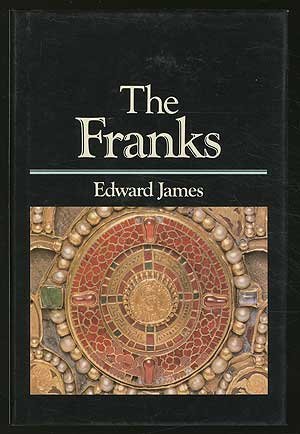The Death of Homo Economicus - Peter Fleming
Makes for good reading;
''To certain segments of the progressive left, capitalism has been “late capitalism”, or in its death throes, or already dead, for a very long time. So how come it still exists? Part of the answer may lie in the argument of this sparklingly sardonic book by Peter Fleming. Our entire lives, he argues, have been economified. The ruling narratives of work and commerce hypnotise us into thinking of our very selves as micro-businesses, so that it becomes ever harder to imagine life outside the paradigm of capital investment, productivity and profit.
“Homo economicus” is the totally made-up creature who is the proletarian hero of mid-20th-century economics: going about his daily life with unimpeachable rationality, efficiently calculating ways to maximise his self-interest. But people don’t actually live like that, as the behavioural economists Amos Tversky and Daniel Kahneman pointed out. It is a refuted model, yet its malign influence persists. Fleming offers an excellent historical analysis of the associated idea of “human capital”, according to which each employee really is a little entrepreneur, investing in his or her skills. This amounts, Fleming thinks, to a deliberate atomisation of the workforce and a hollowing-out of education itself.''

